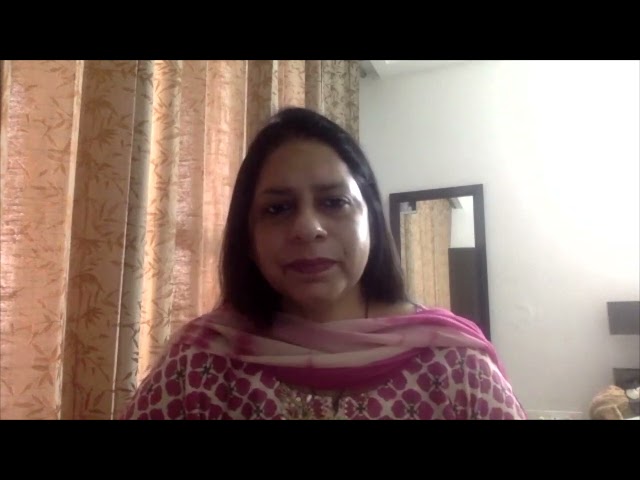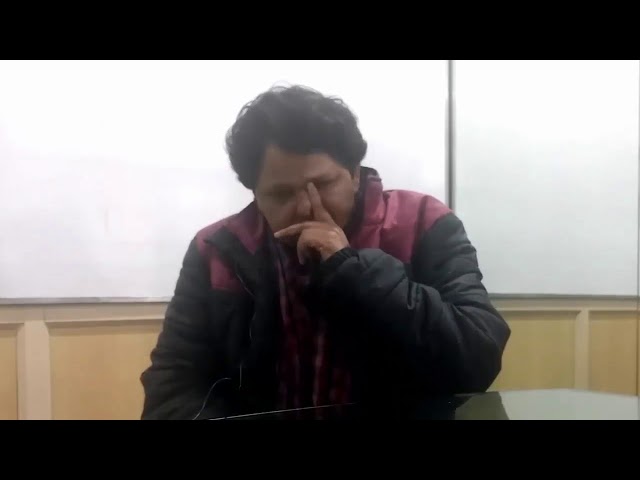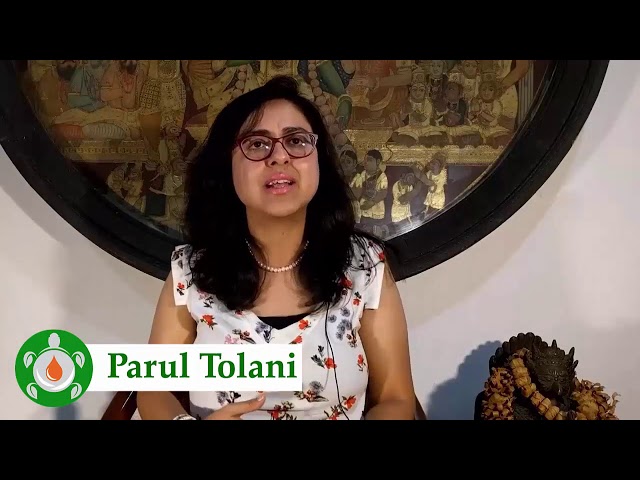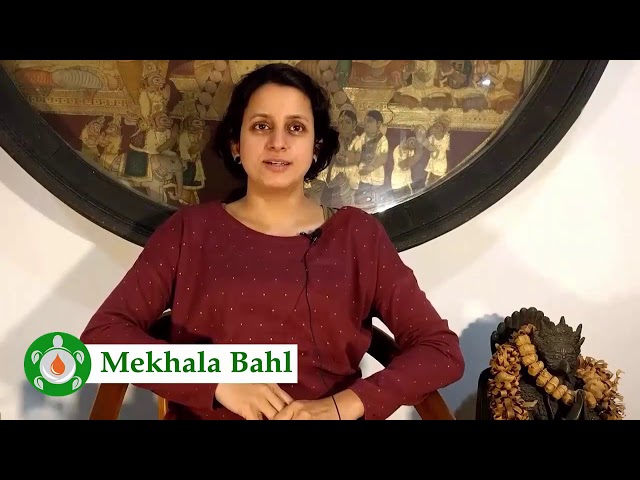Currently Empty: ₹0
Comfort (P) Gel (30 gm) & IBS (20 ml) – Supports in Piles & Hemorrhoids | External Use Only
₹955
KEY HIGHLIGHTS
• Supports in management of passing stools
• Supports in management of clots and inflammation
• Supports in management of bleeding during motions
• Supports in management of swelling around anus
• Supports in management of indigestion
• Supports in management of gas and bloating
How To Use
Description
A 100% natural support solution that is highly effective & safe for painful and severe piles. Useful for all ages, Comfort (P) Gel and IBS oil serum are to be applied externally on the skin, no ingestion required.
Comfort (P) Gel and IBS oil are expertly formulated with a potent blend of natural oils renowned for their soothing, nourishing, and healing properties related to gastric issues and piles
Comfort (P) Gel and IBS oil serum blends are also useful in the following:
• Supports in management of passing stools
• Supports in management of clots and inflammation
• Supports in management of bleeding during motions
• Supports in management of swelling around anus
• Supports in management of indigestion
• Supports in management of gas and bloating
Since these are used topically (no ingestion), they are safe for use. This helps reduce intake of conventional medicines, being holistically accepted by the body. It also reduces costs significantly – direct as well as indirect, and improves quality of life.

















